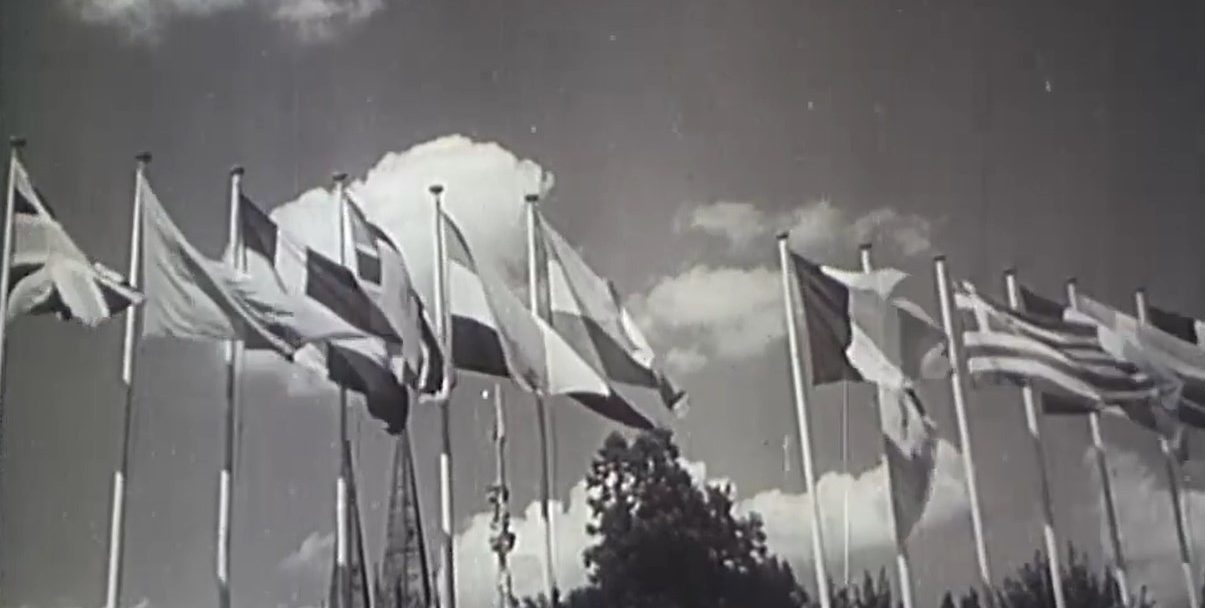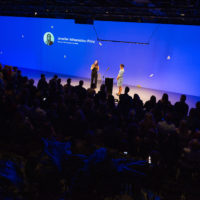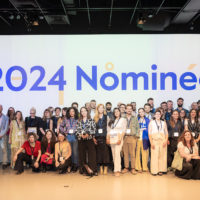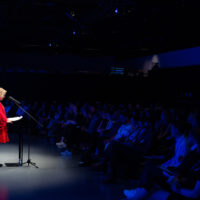Russian journalists will remain part of the European Press Prize
Following the invasion of Ukraine, the Russian Federation decided to withdraw its membership in the Council of Europe. This would mean, following the rules of entry for the European Press Prize, that Russian citizens cannot participate in our awards for quality journalism.
We will, though, accept their submissions anyway.

In his speech announcing the creation of the Council of Europe, the then French Minister Robert Schuman said: “The Council of Europe is, to be sure, the laboratory in which experiments in European co-operation are conducted.”
The council of Europe was created, in 1949, to respond to thirty years of wars and divisions in Europe, conflicts that had only brought misery and hatred. Conflicts that were now over, to make space for a prolonged period of peace in the Old Continent.
It was in those years, after WWII, that Europe found itself, and Europeans found each other. Barriers were brought down – small ones, and big ones – culminating in the fall of the Berlin wall in 1989.
In the last 70 years, European journalism flourished. The number of cross-border projects kept increasing, and with the internet, people across the continent have been able to access news produced anywhere in Europe.
The Prize, a creature of this new European unity
Amidst all this, the European Press Prize was founded. Seven independent media organisations created it, ten years ago, and we most certainly are an example of what Europe has become: a union based on shared cultures, hopes, and dreams.
The Prize, exactly like the Europe Schumann described, started as an experiment. Can we create an award that connects all the journalists of the Council of Europe, in order for them to grow stronger together?
We discovered, over the past ten years, that this could be done.
War will not change this
But then the war came, and the escalation of the Ukrainian conflict brought Russia outside the Council of Europe.
And not only outside that. Many prestigious organisations decided to ban Russian professionals from participating in contests, tournaments, and events. A form of sanctioning that is supposed to hurt the Russian government, stripping it from its international presence and voice.
But such sanctions end up hurting the professionals themselves first.
The sanctions might also hurt the very idea these professionals have of the world around them. Returning to our laboratory metaphor: co-operation ‘experiment’ failed, away with Russia.
It cannot be this way! Laboratories and experiments are by definition imperfect, and if every important project had been interrupted for retaliatory reasons, we would not have achieved the many great things that we did achieve, along with our European History.
Therefore, the European Press Prize decided that this awful, unjustified war that the Russian government brought upon the Ukrainian people, will not deprive Russian journalists and media outlets of their chance to be part of our community.
We had already added Belarus – which is also not part of the Council of Europe – to our list of eligible countries, and we will do the same with Russia. Russian journalists and activists will be allowed to submit their work for the European Press Prize, and Russian cartoonists will be able to take part in the European Cartoon Award.
These difficult times call for excellent, extraordinary journalism, may it come from Ukraine, Russia, or wherever else.
We need it, and we are here to support it.




